As we step into 2025, the landscape of data and analytics is evolving quickly. From AI-driven insights to real-time data processing, the data and analytics trends shaping 2025 promise to continue to evolve how businesses operate and make decisions.
Here, we’ll explore five key data and analytics trends that are set to transform industries and drive innovation. Whether you’re a data enthusiast or a business leader, these insights will equip you with the knowledge to stay ahead in the ever-changing world of data and analytics.
So, let’s dive into what 2025 has in store for us!

1. Increased Adoption of AI-Driven Analytics
The increased adoption of AI-driven analytics is transforming how businesses operate. Leveraging advanced machine learning algorithms and AI models, organisations can process vast amounts of data in real-time, uncovering actionable insights and predicting future trends.
This shift enables more accurate decision-making, enhances operational efficiency, and drives innovation. Industries such as healthcare, finance, and retail are particularly benefiting from AI-driven analytics, which helps in personalising customer experiences, optimising supply chains, and improving risk management.
As AI technology continues to evolve, its integration into analytics will become even more pervasive, reshaping the way in which we approach analytics.
2. Real Time Data Processing, Insights, & Intelligence
Real-time data processing involves analysing data as it is generated, allowing for immediate insights and actions. This capability is crucial for applications requiring instant responses, such as fraud detection, critical system monitoring, and IoT systems.
By processing data in real-time, organizations can gain up-to-the-minute intelligence, enabling proactive decision-making and agility to change conditions. Real-time insights empower businesses to act on current data, rather than relying on historical information, ensuring they remain agile and responsive in a fast-paced environment.
The introduction and development of the Real Time Intelligence capability within Fabric is proof that modern data platforms need to facilitate traditional analytics as well as real time.
3. Democratisation of Data Engineering & Analytics
The democratisation of data engineering and analytics involves making these tools and processes accessible to a broader range of users within an organisation, beyond just data engineers and analysts.
By simplifying analytics platforms and providing user-friendly interfaces, employees at all levels can leverage data to make informed decisions. This trend fosters a data-driven culture, enhances collaboration, and accelerates innovation.
Whilst platforms such as Microsoft Fabric are facilitating the above, training and support are crucial to empower non-experts to utilise data safely and effectively. Ultimately, democratisation enables organisations to harness the full potential of their data resources.
4. Increased Data Privacy & Governance
The value of data isn’t news to anyone, neither is the importance of ensuring it is secure and governed correctly. However, data sources, volumes, and demands for access continue to grow at a rate of knots. Demand for data is only predicted to grow, satisfying this demand must be facilitated whilst retaining a robust approach to privacy and governance.
Microsoft Purview and its increasing integration into platforms such as Fabric is a key weapon in the armoury of implementing, managing and maintaining data privacy and governance. As with any tool, this is a silver bullet to all of your data privacy and governance concerns. Data privacy and governance still requires the human element of direction and education to ensure data privacy is a priority of everyone in an organisation.
5. Modernisation of Data Platforms
Whilst the modernisation of data platforms isn’t something new, platforms such as Databricks and Fabric are prompting organisations to review incumbent data platforms and what a move to a modern data platform may look like.
Traditional data warehouses and platforms still have their place, but the increase in AI driven analytics, real time intelligence, and democratisation of data engineering/analytics is hard to facilitate in one platform.
The advent of PaaS/SaaS cloud-based platforms which natively facilitate these emerging trends make a move very compelling. A team of experts in Transparity’s Data practice are at hand to assist with your data modernisation needs.
Preparing for the Future
As we navigate through 2025, the transformative power of data and analytics continues to shape the future of business. By embracing these trends, organisations can unlock new opportunities and drive innovation.
If you’re ready to explore the potential of your data and see how it can propel your business forward, don’t hesitate to get in touch. Our team of experts is here to help you harness the full power of your data and achieve your goals.




